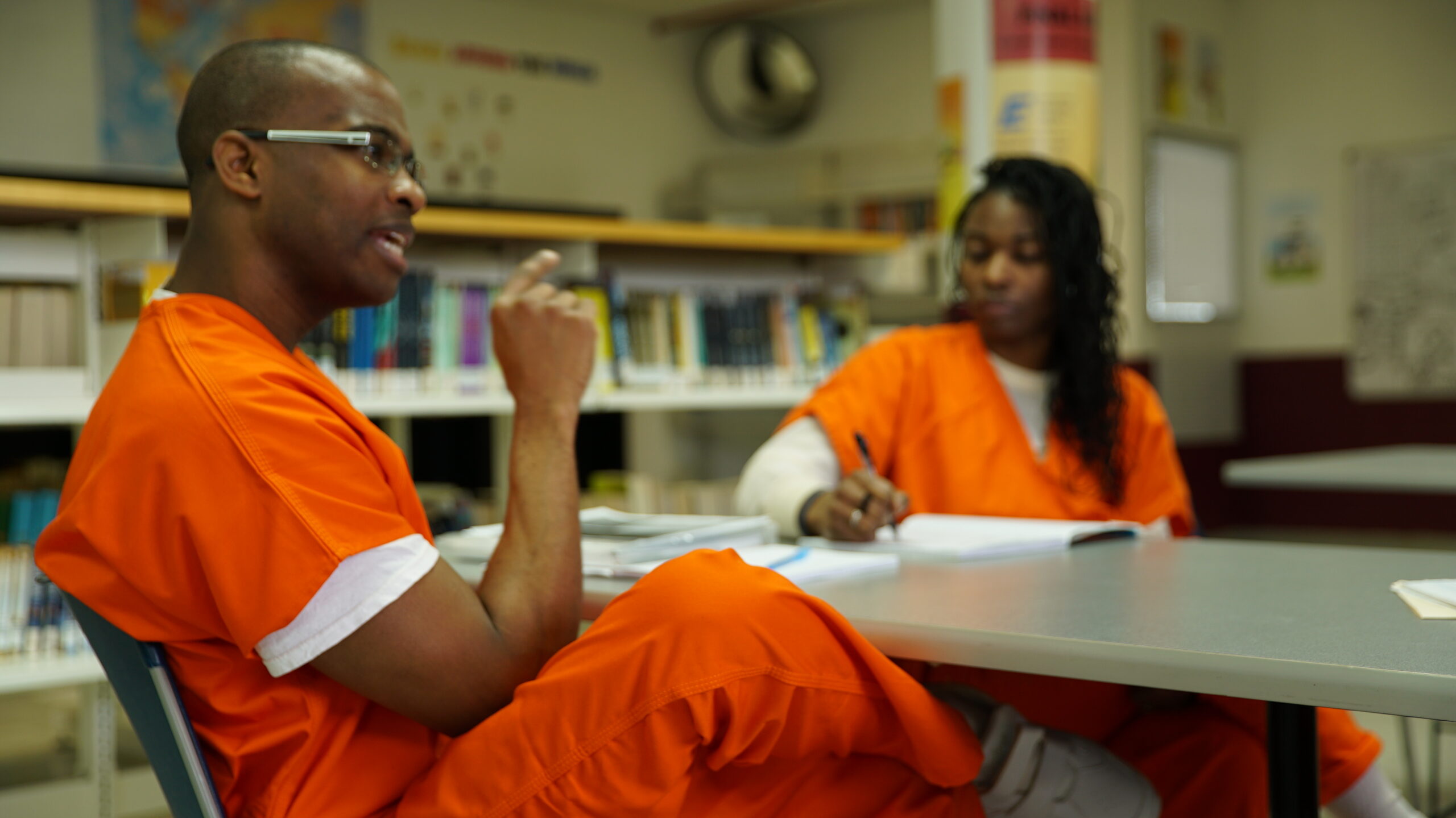In case you missed it: Stand Together CTO at FORTUNE Brainstorm Tech 2022

In July, Stand Together Chief Technology Officer Mark Johnson attended FORTUNE Brainstorm Tech 2022, an invitation-only retreat for FORTUNE 500 company leaders and tech entrepreneurs and investors. He was joined by Ameelio Founder and CEO Uzoma Orchingwa. Mark illustrated the role technology can play in criminal justice reform using Stand Together community partners Recidiviz and FreeWorld as examples.
In the United States today, 1.76 million people are incarcerated at any given time. That number represents a 300 percent increase in the country’s prison population since 1978. One-third of Americans, or 70 million, now have a criminal record.
Many of these people are stuck in a cycle of prison to poverty. Eighty percent of formerly incarcerated individuals are re-arrested within four years. Technology can help break that cycle.
First, Mark said, incentives must change.
“Imagine if prison systems were incentivized based on recidivism rates,” Mark asked. “They would invest more in education. They would invest in workforce training and in making sure there is a soft landing pad.”
Technology offers a foundation for that landing pad. Ameelio provides free education software to prisons. It also offers software that keeps incarcerated individuals connected to their families — the people who will be their support system outside of prison.
“Poverty is the chief driver of mass incarceration,” Uzoma said. He noted 50 percent of people in jail had no income over the eight years prior to their arrest.
Stand Together Foundation partner FreeWorld offers opportunities that will keep formerly incarcerated individuals out of prison — and out of poverty.
“This software platform trains people to get their commercial drivers’ licenses,” Mark explained. “People start off with $50,000, sometimes $100,000 starting salaries.” Individuals who have gone through the FreeWorld program have a recidivism rate of less than two percent.
Technology also can help corrections systems identify which platforms best help formerly incarcerated individuals. Recidiviz provides data to diagnose problems and identify solutions that will reduce recidivism rates.
“Oftentimes the person running the prison system doesn’t have requisite data just to understand what’s going on,” said Mark. “If you want to understand what sort of programs are reducing recidivism rates, you need that kind of data.”
Uzoma and Mark agreed that, ultimately, technology is a solution to criminal justice reform because software is easily scalable. Watch the full FORTUNE Brainstorm conversation here.
Learn more about Stand Together’s criminal justice reform efforts.

